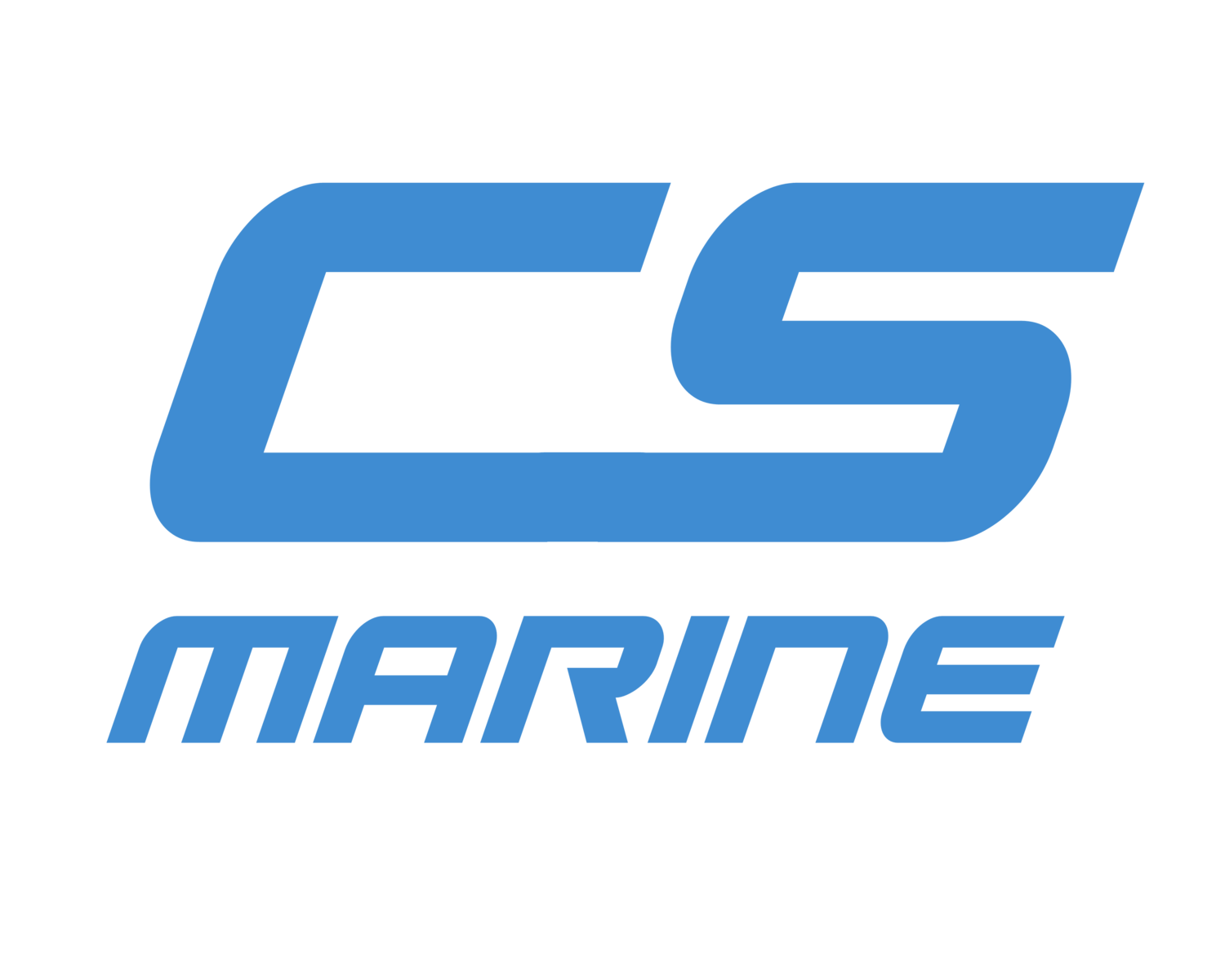By: Dzirhan Mahadzir
May 8, 2020 5:20 PM
USS Montgomery (LCS-8) conducts routine operations near Panamanian flagged drillship, West Capella, on May 7, 2020 in the South China Sea. US Navy Photo
KUALA LUMPUR — The U.S. Navy sent a pair of ships to patrol in the vicinity of a mineral rights dispute between Malaysia and China in the South China Sea for the second time in a month, U.S. officials told USNI News.
Littoral Combat Ship USS Montgomery (LCS-8) and replenishment ship USNS Cesar Chavez (T-AKE-14) conducted a presence operation in the South China Sea on Thursday near Panamanian-flagged drill ship West Capella. The drill ship is under contract to conduct surveying operations in Malaysia’s exclusive economic zone for Malaysian state oil company Petronas. Chinese People Liberation Army Navy (PLAN) warships and China Coast Guard vessels have also operated near the Malaysian-contracted drilling ship.
In late April, guided-missile cruiser USS Bunker Hill (CG-52) sailed with the Royal Australian Navy frigate HMAS Parramatta (FFG-154) before joining the amphibious assault ship USS America (LHA-6) and guided-missile destroyer USS Barry (DDG-52) to conduct combined exercises in the area where a Chinese government survey ship, Haiyang Dizhi 8, was said to be operating with an escort of several China Coast Guard ships.
On Friday, U.S. Pacific Fleet commander Adm. John Aquilino issued a pointed statement addressing Chinese operations in the region.
“We are committed to a rules-based order in the South China Sea, and we will continue to champion freedom of the seas and the rule of law,” Aquilino said in the release.
“The Chinese Communist Party must end its pattern of bullying Southeast Asians out of offshore oil, gas, and fisheries.”
In addition to the U.S., Royal Malaysian Navy (RMN) ships and Malaysian Maritime Enforcement Agency ships have also been quietly operating in the area, though Malaysia’s economic ties with China have resulted in little official public protests being made on China’s activities.
The United States is in the process of helping Malaysia build its own maritime domain awareness capabilities by providing 12 ScanEagle UAS systems and converting three Royal Malaysian Air Force CN-235 transport aircraft into maritime surveillance aircraft. The ScanEagles will be operated out of Kota Kinabalu in East Malaysia, which is also headquarters for Royal Malaysian Navy Eastern Fleet Command. Kota Kinabalu is near the same part of Malaysia’s South China Sea EEZ in which Chinese ships have been maintaining a presence and near the disputed Spratly Islands, where Malaysia maintains five military stations as part of its claims there.
In addition to the operations off of Malaysia, the U.S. has stepped up its freedom of navigation operations in the South China Sea.
Bunker Hill conducted a freedom of navigation operation through the Spratly Island chain near Gaven Reef in the South China Sea on April 29.
“Unlawful and sweeping maritime claims in the South China Sea pose a serious threat to the freedom of the seas, including the freedoms of navigation and overflight and the right of innocent passage of all ships,” reads the statement from 7th Fleet.
“This freedom of navigation operation upheld the rights, freedoms, and lawful uses of the sea recognized in international law by challenging the restrictions on innocent passage imposed by China, Vietnam and Taiwan.”
USS Montgomery (LCS-8), their embarked MH-60S Knight Hawk helicopter assigned to the “Wildcards’ of Helicopter Sea Combat Squadron (HSC) 23, and the Lewis and Clark-class dry cargo and ammunition ship USNS Cesar Chavez (T-AKE-14) conduct routine operations near Panamanian flagged drillship, West Capella, on May 7, 2020. US Navy Photo
Ticonderoga-class guided missile cruiser USS Bunker Hill (CG-52), front, and the Arleigh Burke-class guided-missile destroyer USS Barry (DDG-52) transit the South China Sea April 18, 2020. US Navy Photo




